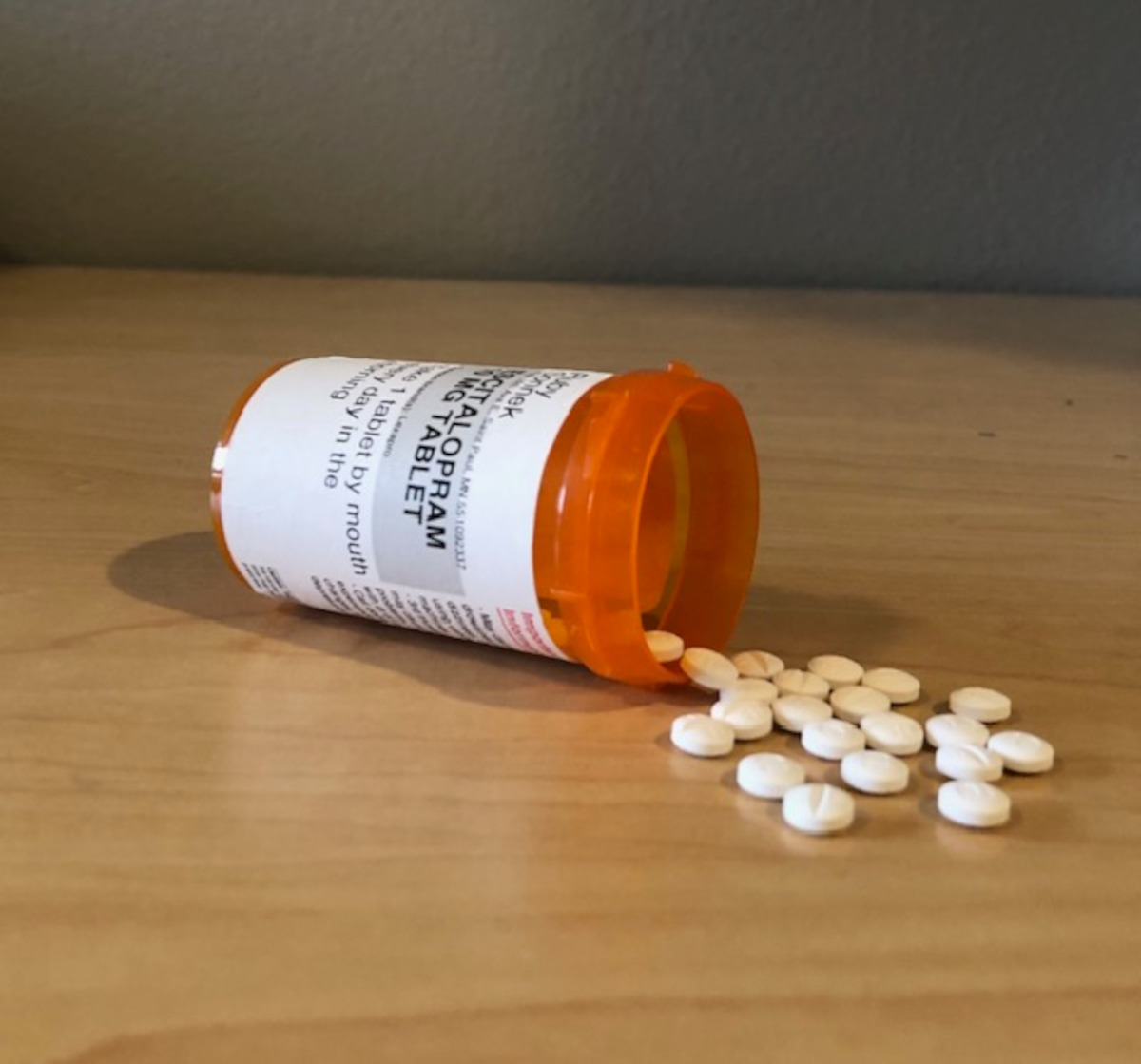The No Taxpayer Funding for Abortion Act would write the Hyde Amendment and other anti-abortion provisions into law. The Hyde Amendment, which prevents federal funding being spent on most types of abortion, is renewed by Congress every year since 1976. The new act would make it so the law would no longer have to be renewed every year.
The No Taxpayer Funding for Abortion Act does, however, differ from the Hyde Amendment in a few different ways. One of the most important, and widely publicized, differences is the addition of a single word: “forcible.”
Apparently rape is now supposed to be considered less rape-y if a court decides it wasn’t “forced.” Whatever that means.
Wait. What does that mean? That some rapes are consensual?
Several women’s rights groups created quite the uproar about the word choice and a few days later, lawmakers said they would change the wording back to the way it originally was in the
Hyde Amendment.
It’s been a week, yet the word “forcible” is still in the bill.
Pro-lifers rejoice! But not so quickly. While the bill was supposed to lessen the amount of taxpayer dollars spent on abortions, there are two major problems with the way the bill was written that affects more than abortion rights.
Really, this bill is not just about abortion rights. And abortion rights aren’t the point behind this column. Because changing the language of this bill in such a way wouldn’t just change abortion rights, but also how sexual assault is prosecuted.
It’s difficult enough for a woman to prove that she’s been sexually assaulted. Without DNA evidence or a witness, it’s far too easy for court decisions to be made on a “he said, she said” basis. And unfortunately enough, the “she wanted it just as much as I did” line is believable to far too many judges.
It is especially difficult to prove an assault took place in cases involving date rape drugs where more often than not, the victim’s own memory can’t even come through for her. Because it then becomes a case of “he said, she doesn’t remember.”
The sort of vague language changes to this bill would make rapes involving date-rape drugs (or other drugs or alcohol for that matter) even more questionable in the eyes of the law.
Adding the word “forcible” creates a loophole. Other types of rape would no longer count as rape. If a woman is incapacitated because of a drug, that doesn’t make the assault any less real in the same way that crimes don’t become any less violent if drugs were involved.
Why would the American government choose to make it harder for victims of crimes to seek justice?
And the fact that very important phrases that changed the meaning of the original Hyde Amendment, such as “forcible rape,” were left totally undefined. This leaves citizens, the ones affected by such a bill, not knowing what the bill actually is.
Creating a bill with such vague language undermines the rights of citizens. Americans should be able to fully understand the words of the rules. This is not to say that bills should be written kindergarten style (“Abortion is bad. Killing babies is bad.”), but they should have concrete words. The rules should not be made so they can be interpreted differently by the government than they are by its citizens.
As if telling rape victims, “Oh, we’ve decided that you weren’t actually raped because the assault wasn’t violent enough for us” wasn’t bad enough, vaguely worded laws that can be interpreted in an undefined way are going to be the backbone of morality, too?
This is not what the American government should be doing.






